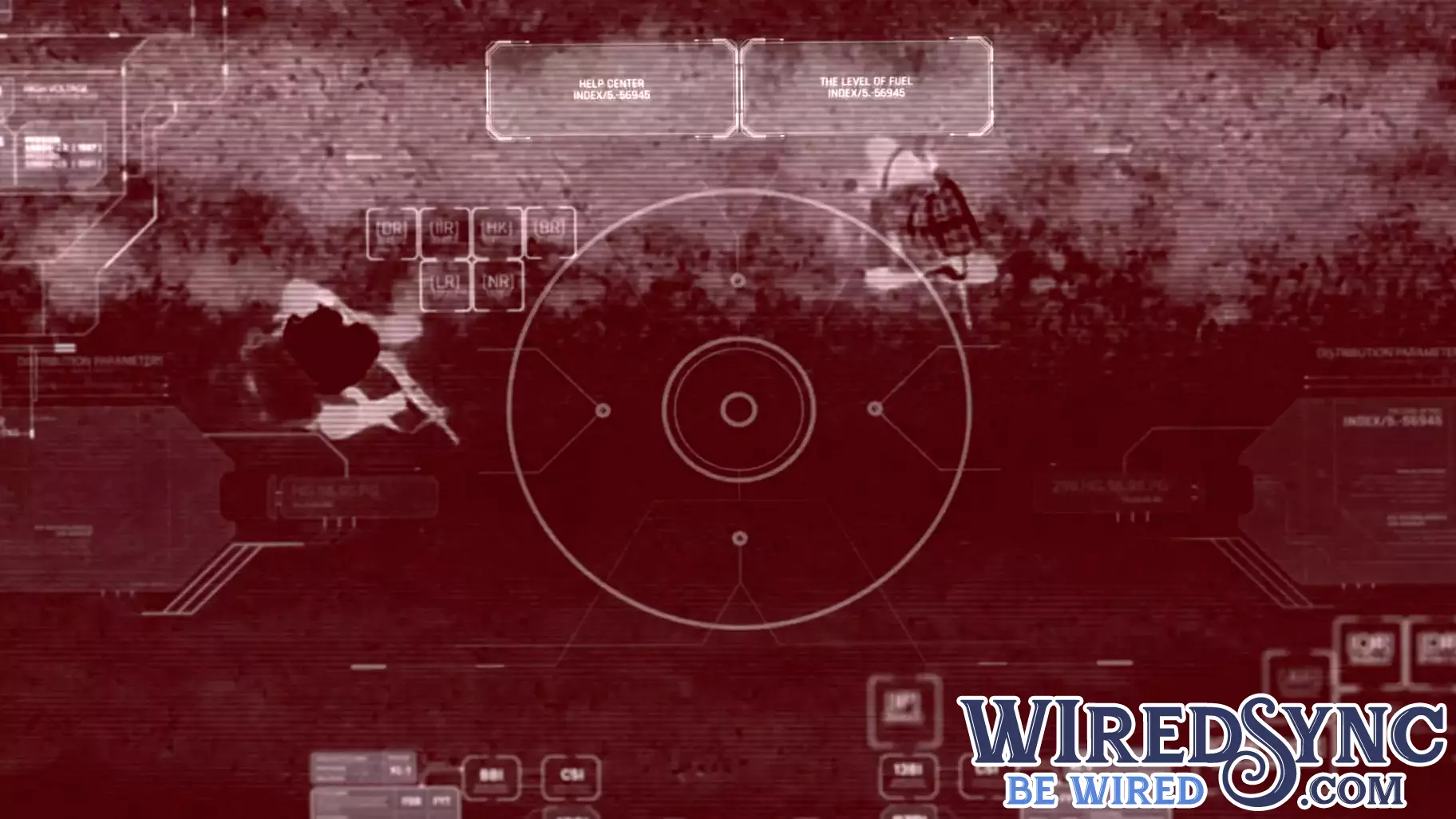The Rise of Autonomous Weapons: A New Era in Warfare
November 27, 2024 - 14:01

In the future, humans may not be the only arbiters of who lives and dies in war, as weapons gain decision-making power. The development of autonomous weapons systems has advanced significantly, raising ethical and strategic questions about their use in combat. As these technologies evolve, the potential for machines to make life-and-death decisions without human intervention becomes increasingly plausible.
This shift towards automation in warfare could transform military strategies and operations. Proponents argue that autonomous weapons could enhance efficiency and reduce human casualties by taking soldiers out of harm's way. However, critics warn of the dangers associated with delegating lethal decision-making to machines, including the risk of malfunction, unintended consequences, and the potential for escalation of conflicts.
As nations around the world continue to invest in military technology, the implications of autonomous weapons systems are profound. The international community faces the challenge of establishing regulations and ethical guidelines to govern their use, ensuring that human oversight remains a fundamental aspect of warfare. The conversation surrounding autonomous weapons is crucial as we navigate the future of conflict and the role of technology in shaping our world.
MORE NEWS

March 5, 2026 - 06:14
Farm Day returns to Kern County, showcases new AI technologyThe annual Farm Day event has once again opened the gates for Kern County`s elementary school students, offering a vibrant, hands-on journey from field to fork. This immersive experience provides a...

March 4, 2026 - 21:16
UA’s Alabama Mobility and Power Center to Integrate Honeywell Technology in Battery Research LabThe University of Alabama’s Alabama Mobility and Power Center (AMP) is elevating its research capabilities through a new partnership with technology giant Honeywell. The center’s Battery...

March 4, 2026 - 11:47
Top 4 tax technology trends for 2026 and beyondThe tax industry is on the cusp of a profound transformation, moving beyond simple digitization toward intelligent automation and seamless integration. By 2026, several key technological trends...

March 3, 2026 - 20:35
OpenAI could profit handsomely from Pentagon deal, says Big Technology's Alex KantrowitzA landmark agreement between OpenAI and the U.S. Department of Defense is drawing significant attention for its strategic and financial implications. According to analysis from Big Technology`s...